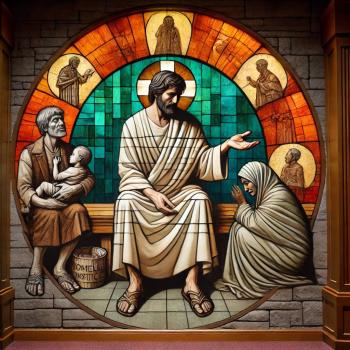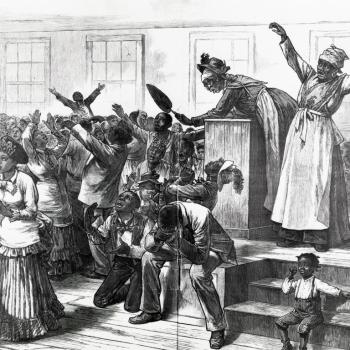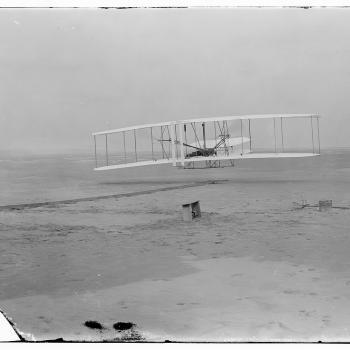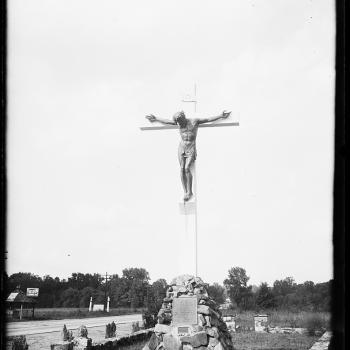
We live in bubbles. Surrounded by people like us, most of us seldom encounter people who are significantly different.
We have our interests, our jobs and our educations, and we tend to be around people with similar backgrounds.
Of course there are exceptions.
Growing up, I played sports and performed on stage. In high school, I played less basketball and started smoking.
I moved from group to group, and was acquainted with all types of people – my life was like the Breakfast Club.
But, after high school and into college, my circles got smaller. And smaller. This happens to most of us.
Like schooling fish, people tend to stay around their kind.
If we have college degrees, we generally work around and associate with others who also have college degrees. If we have associates degrees or trade certifications, we generally spend most of our time with other similar people.
If we are unemployed felons, unfortunately, we tend to associate with like-minded people.
The same holds true in faith communities.
From homeschooling to church to Christian colleges, and back to our churches, a vocal segment of American Protestants seldom encounter people who are different from them. Their churches aren’t very diverse, and they don’t really mind.
Unfortunately, what happens is we begin to assume that everyone else is either like the people around us and we forget that other people have other views. Or we simply demonize people we don’t know and marginalize them.
Confirmation bias leads us to believe what we want to believe and causes us to ignore the things that contradict what we already believe.
King was right – our churches were segregated in 1963, and they remain so today.
On Dec. 18, 1963, King made his oft repeated observation that “the most segregated hour in this nation” is Sunday at 11 a.m. At Western Michigan University he responded to this question:
“Don’t you feel that integration can only be started and realized in the Christian church, not in schools or by other means?”
“We must face the fact that in America, the church is still the most segregated major institution in America. At 11 a.m. on Sunday morning when we stand and sing ‘And Christ Has no East or West,’ we stand at the most segregated hour in this nation. This is tragic. Nobody of honesty can overlook this. Now, I’m sure that if the church had taken a stronger stand all along, we wouldn’t have many of the problems that we have. The first way that the church can repent, the first way that it can move out into the arena of social reform is to remove the yoke of segregation from its own body. Now, I’m not saying that society must sit down and wait on a spiritual and moribund church as we’ve so often seen. I think it should have started in the church, but since it didn’t start in the church, our society needed to move on. The church, itself, will stand under the judgment of God. Now that the mistake of the past has been made, I think that the opportunity of the future is to really go out and to transform American society, and where else is there a better place than in the institution that should serve as the moral guardian of the community. The institution that should preach brotherhood and make it a reality within its own body.”
When we live in homogenized bubbles of sameness we lose the richness of diversity. And our churches grow to reflect the pews – safe, unchallenged and homogenized.
Of course there are exceptions, but they are exceptions because they are so rare.
The church I attend, for example, is 30 percent immigrants. But more than diversity in the pews, every service includes portions in another language.
Our church, our worship and our lives are made better by being exposed to people who are different from each other.
I’m sure that if the church takes a stronger stand, we wouldn’t have the problems that we have. The problems of discrimination, war, violence, bigotry, and injustice can and should be tackled by the church, but churches must step beyond their bubbles.
The bubbles of our lives must be popped, to give us room to grow, starting with the bubbles of our churches.












